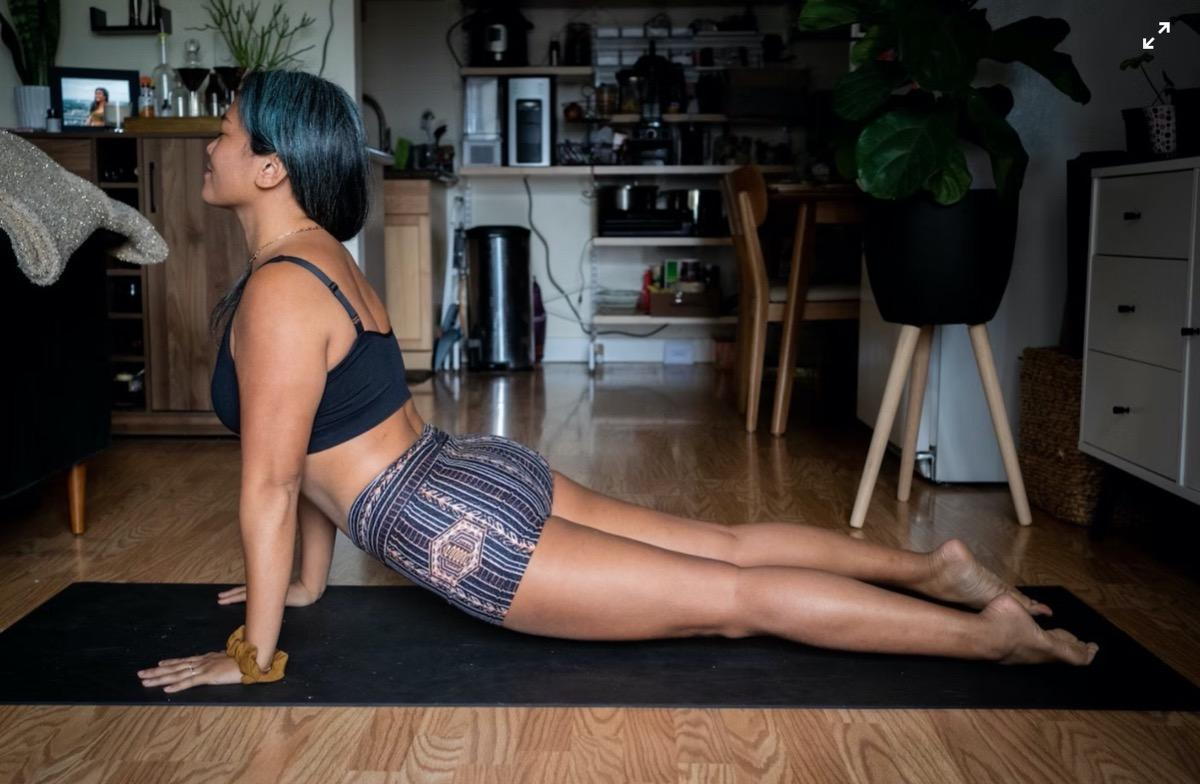McKenzie Exercises | Austin Chiropractic and Rehab

Too many people accept debilitating aches and pains as an "inevitable" part of their lives -- when in reality, the right approach to treatment could make them much more functional and comfortable. If you've been searching for relief from nagging back, neck, or extremity pain in Austin, Tx, you may have heard that McKenzie Exercises might help.
Let's examine these exercises, the larger treatment context to which they belong, and the kinds of problems they (and we) can help you with at Austin Chiropractic & Rehab. if you’re looking to find the closest back pain specialist near your location, we advise you to look up a provider that specializes in the McKenzie Method.
What Are McKenzie Exercises?
McKenzie exercises are part of a larger protocol called the McKenzie Method. This physiotherapy method, originally developed in the 1950s, consists of four major steps: Assessment, Classification, Treatment, and Prevention. In the first two steps, we evaluate your symptoms and body to determine what type of problem you have. The McKenzie Method classifies such problems into three main categories:
Postural syndromes, in which postural irregularities cause soft tissue strain and discomfort.
Derangement syndromes, in which positional changes in the vertebrae and vertebral discs cause spinal problems.
Dysfunction syndromes, in which scar tissue shortens and tightens the tissue in the spine.
Once we understand the exact nature of your injury or chronic condition, we can create the right treatment plan, which includes McKenzie exercises and other modalities, to help you alleviate your chronic pain. Our individualized treatment plan will help keep your body strong and flexible so you can avoid similar problems in the future.
McKenzie exercises take a few primary forms. For instance, some of the exercises we may prescribe for back pain include:
Simply lying on your stomach, either flat or with support from a pillow, to take stress off your back and restore your spinal alignment.
Raising yourself up onto your forearms from this same position, which can help normalize your spinal curvature.
Prone press-ups, which also benefit your spinal curvature
Standing extensions, in which you bend backward to improve flexibility.
Flexion exercises from the standing and sitting positions, pulling your knees toward your body to improve your back's ability to bend forward.
What Injuries & Health Conditions Can McKenzie Exercises Help With?
Since the McKenzie method typically involves treating abnormalities in the spine, it most commonly addresses conditions that cause back and neck pain. Examples include cervical or spinal decompression, scar tissue buildup that affects flexibility, postoperative complications, trauma recovery, spinal stenosis, and prenatal lower back pain.
Some of these same problems can also lead to postural issues. This in turn causes pain in the hips or the sacroiliac (SI) joint where the spine meets the hip bones. Referred spinal pain can even affect the knees and other weight-bearing joints. McKenzie exercises, combined with other conservative care techniques, may therefore help these problem areas as well. If you’ve been in a car crash, we advise seeking out a health care provider that specializes in injury treatment for motor vehicle accidents.
Our Approach to Treatment in Austin
Austin Chiropractic & Rehab takes a holistic approach to musculoskeletal care, combining McKenzie exercises and other related modalities such as spinal adjustments, injury rehabilitation and myofascial release. This approach allows us to create personalized treatment and symptom management plans for each and every one of our patients.
Our Location
Find Us On The Map!
Austin Chiropractic & Rehab
5775 Airport Blvd #300
Austin, TX 78752
8:00 am - 12:30 pm
2:00 pm - 6:00 pm
8:00 am - 12:30 pm
2:00 pm - 6:00 pm
8:00 am - 12:30 pm
2:00 pm - 6:00 pm
8:00 am - 12:30 pm
2:00 pm - 6:00 pm
8:00 am - 12:30 pm
Closed
Closed
